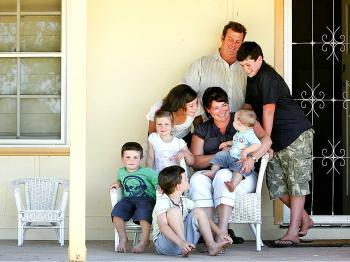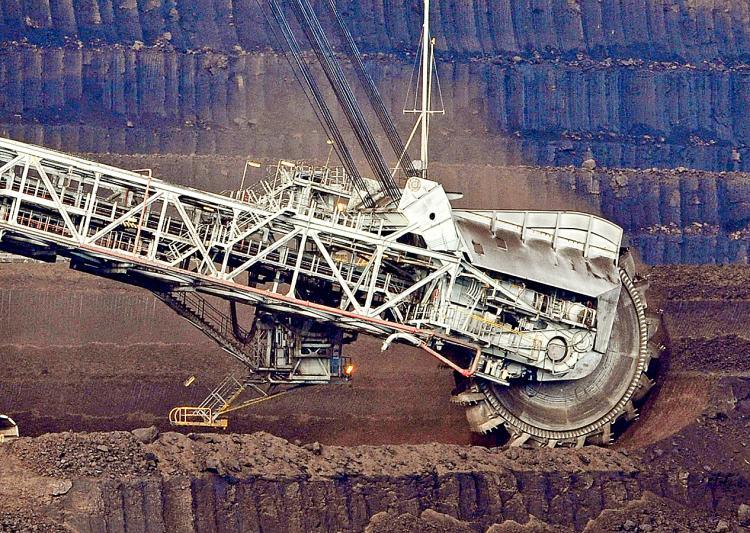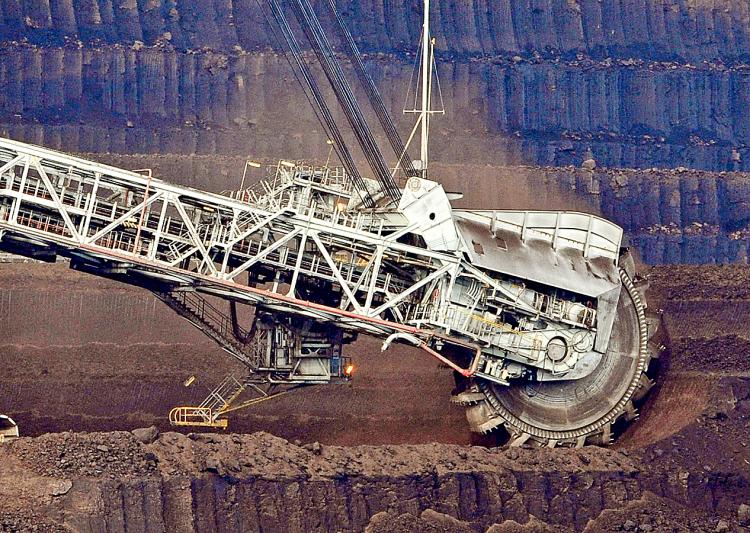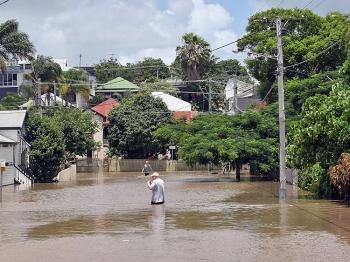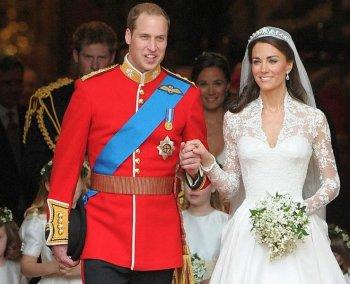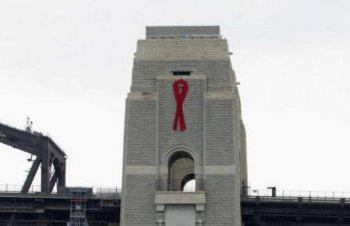Speaking at an the annual conference of federal and appeals court judges, professor Ross Garnaut, a leading economist in Australia, said the Australian government should act boldly and create an emissions trading system.
Emissions trading is an economic strategy that has been proven successful in gradually reducing greenhouse gas production. Governments license and limit industrial plants regarding production of certain gasses.
However, the licensed producers can sell the unused portions of their allocations. This allows governments to cap overall emissions from producers and creates an incentive to use and develop greener production methods.
Garnaut warned members of Parliment to be prepared for a double dissolution election over the emission trading debate in Australia.
In Australia, the chief executive officer of the federal government is the governor general, who is appointed by the reigning monarch of Great Britain, with the advice of the Australian prime minister.
The governor general, currently Ms. Quentin Bryce, has the power to call for a dissolution of both houses of Parliament when the two houses reach an impasse on legislation. The specific conditions for a double dissolution are outlined in the Australian government.
Garnaut, who previously served as the Australian government’s climate change adviser, is urging the government not to wait for a global agreement on an emissions trading scheme (ETS). [“Scheme” does not have a negative connotation in this context. It refers to a systematic plan.]
Garnaut said he supported a prior proposal by the Australian Greens, a political party with an environmental platform, to have a modified trading scheme. “An imperfect ETS is better than delay.”
Having been blocked twice by the Australian Senate regarding this issue, Prime Minister Kevin Rudd said he is open to discussions with all political parties in order to get an ETS approved.
Rudd is a member of the Labor Party, which holds the majority in the Australian federal government.
However, Garnaut said the ETS the government negotiated with the Liberal Party at the end of last year was “a long way short” of what he had outlined in his parliamentary review on climate change.
The Green’s proposal for a fixed carbon tax of $20 [US$17.62] per metric ton for the first year of operation could then be continued at higher rates in its second year, “until a firm basis had been established through international agreements for setting Australian targets,” he said.
Garnaut suggested that other countries in the region could be included in a regional trading plan, noting that its immediate neighbors, Indonesia and Papua New Guinea, were committed to strong action.
Addressing skepticism about global warming present in Australia and New Zealand, Garnaut said, “So let us all be judicious in coming to firm conclusions on the science on a balance of probabilities.”
“My own immersion in the subject for eighteen months and interest and reading since then tell me that humans everywhere have an interest in strong global mitigation starting right now, and that Australians who care about the future of civilization in their country have a stronger and more urgent interest in action than the citizens of any other developed country.”
Liberal Party leader Tony Abbott said he will oppose an emissions trading scheme, but former Liberal Party leader Malcom Turnbull has hinted that he might cross the floor should a vote go to Parliament.
On his Web site, Turnbull already posted his support for an ETS within his Australia Day message: “Living here on the driest continent, we are particularly vulnerable to the threat of climate change—an issue that cries out for strong, farsighted leadership, both at home and internationally.”
Additional reporting by Phil Randell
Emissions trading is an economic strategy that has been proven successful in gradually reducing greenhouse gas production. Governments license and limit industrial plants regarding production of certain gasses.
However, the licensed producers can sell the unused portions of their allocations. This allows governments to cap overall emissions from producers and creates an incentive to use and develop greener production methods.
Garnaut warned members of Parliment to be prepared for a double dissolution election over the emission trading debate in Australia.
In Australia, the chief executive officer of the federal government is the governor general, who is appointed by the reigning monarch of Great Britain, with the advice of the Australian prime minister.
The governor general, currently Ms. Quentin Bryce, has the power to call for a dissolution of both houses of Parliament when the two houses reach an impasse on legislation. The specific conditions for a double dissolution are outlined in the Australian government.
Garnaut, who previously served as the Australian government’s climate change adviser, is urging the government not to wait for a global agreement on an emissions trading scheme (ETS). [“Scheme” does not have a negative connotation in this context. It refers to a systematic plan.]
Garnaut said he supported a prior proposal by the Australian Greens, a political party with an environmental platform, to have a modified trading scheme. “An imperfect ETS is better than delay.”
Having been blocked twice by the Australian Senate regarding this issue, Prime Minister Kevin Rudd said he is open to discussions with all political parties in order to get an ETS approved.
Rudd is a member of the Labor Party, which holds the majority in the Australian federal government.
However, Garnaut said the ETS the government negotiated with the Liberal Party at the end of last year was “a long way short” of what he had outlined in his parliamentary review on climate change.
The Green’s proposal for a fixed carbon tax of $20 [US$17.62] per metric ton for the first year of operation could then be continued at higher rates in its second year, “until a firm basis had been established through international agreements for setting Australian targets,” he said.
Garnaut suggested that other countries in the region could be included in a regional trading plan, noting that its immediate neighbors, Indonesia and Papua New Guinea, were committed to strong action.
Addressing skepticism about global warming present in Australia and New Zealand, Garnaut said, “So let us all be judicious in coming to firm conclusions on the science on a balance of probabilities.”
“My own immersion in the subject for eighteen months and interest and reading since then tell me that humans everywhere have an interest in strong global mitigation starting right now, and that Australians who care about the future of civilization in their country have a stronger and more urgent interest in action than the citizens of any other developed country.”
Liberal Party leader Tony Abbott said he will oppose an emissions trading scheme, but former Liberal Party leader Malcom Turnbull has hinted that he might cross the floor should a vote go to Parliament.
On his Web site, Turnbull already posted his support for an ETS within his Australia Day message: “Living here on the driest continent, we are particularly vulnerable to the threat of climate change—an issue that cries out for strong, farsighted leadership, both at home and internationally.”
Additional reporting by Phil Randell
